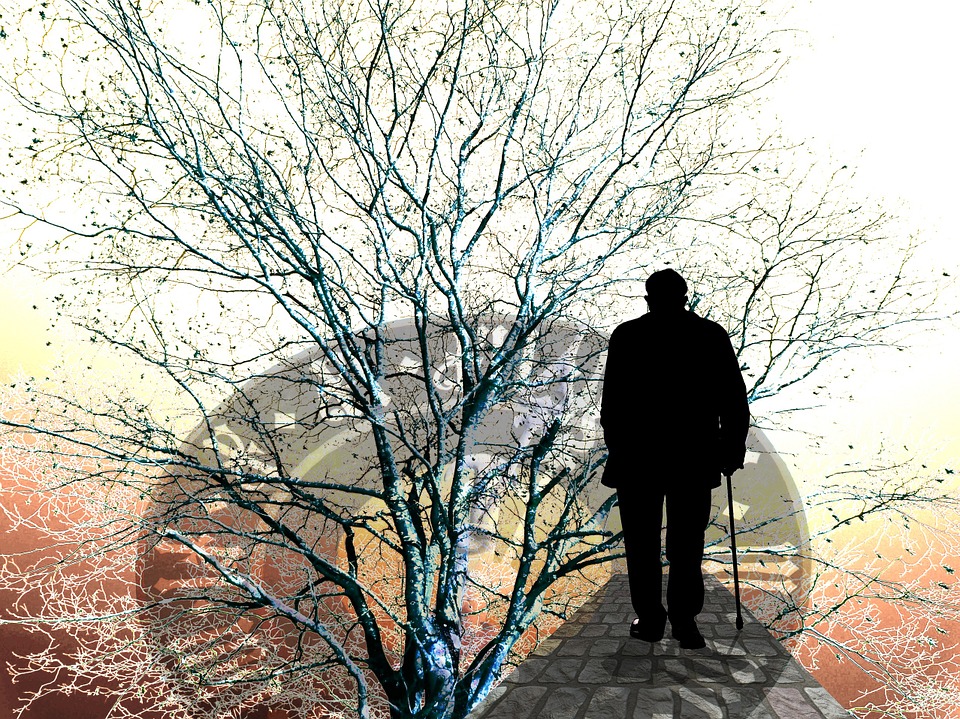This post originally appeared on the NHCOA blog.
The National Hispanic Council on Aging (NHCOA) continues its work by looking for strategies that amplify the voices of thousands of families facing Alzheimer’s and other types of dementia, so their specific needs can be included in the decision-making process across public health.
Latinos face a higher risk of Alzheimer’s disease and other dementias because they are not only living longer (2.5 years longer than whites and 8 years longer than blacks), but they also face severe health disparities, including high levels of hunger, higher rates of type 2 diabetes incidence and complication rates, and lack of access to health insurance.
Around 18% of Hispanic older adults live below the poverty line, compared with 8% non-Hispanic whites. Over 26% of Hispanic older adults lack health insurance, compared to 10.5% of non-Hispanics, making it difficult for Hispanics to access quality healthcare.
All these health disparities contribute to the rise of cases of Alzheimer’s among Latinos, and it is expected to increase more than nine fold from 379,000 in 2012 to 1.1 million by 2030 and to 3.5 million by 2060—a growth of 832 percent. Additionally, Hispanics are 1.5 times more likely to get Alzheimer’s than non-Hispanic whites.

This situation is even more heart breaking when we see that Latino families and caregivers do not have the financial resources or the support network to face the challenges of taking care of a loved one with Alzheimer’s. For example, the average Hispanic caregiver’s household income is $38,600, well below the national median ($54,700). As a consequence, Hispanic caregivers are more vulnerable to suffer from financial strain and emotional stress.
Hispanic older adults and their caregivers face a lack information and services that take into account the specific linguistic, cultural, and age-sensitive needs of the Latino communities. There is a great disconnect between programs and services available and Hispanic beneficiaries. Many of them feel isolated and marginalized.
In the light of these challenges, NHCOA continues to educate, promote and advocate for the wellbeing of Hispanic older adults and their caregiver. We advocate to:
- Prioritize aging and family caregiving in the allocation of resources and funding opportunities.
- Ensure that programs and benefits address the needs of the growing Hispanic aging population.
- Continue to prioritize and target the closing of health-related disparities among Hispanic older adults, their families and caregivers (ex. Salud y Bienestar program and Paid Leave initiative).
- Create culturally appropriate and age-sensitive volunteer networks that work with community-based organizations and provide Latino families and caregivers with information about social programs and how to access them.
Breaking stigmas, creating awareness, and increasing age-sensitive education are three key elements to improve the lives Alzheimer’s patients and their caregivers, especially among diverse communities.
The opinions expressed in this article are those of the author and do not necessarily reflect those of the Diverse Elders Coalition.

